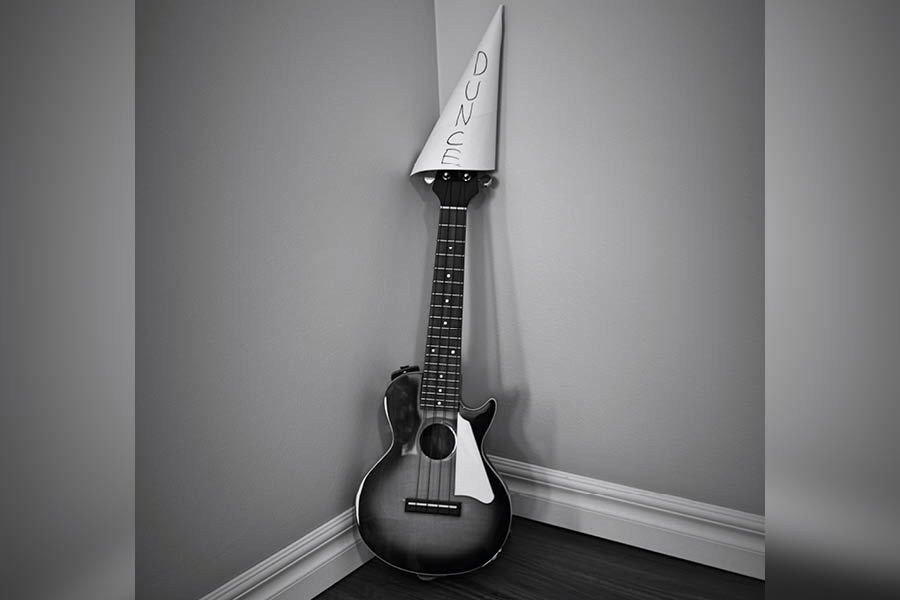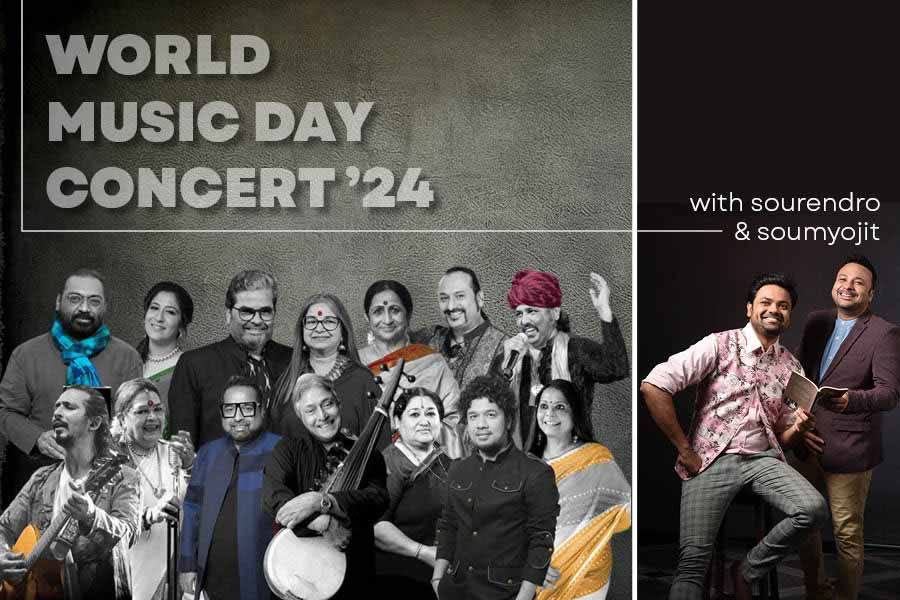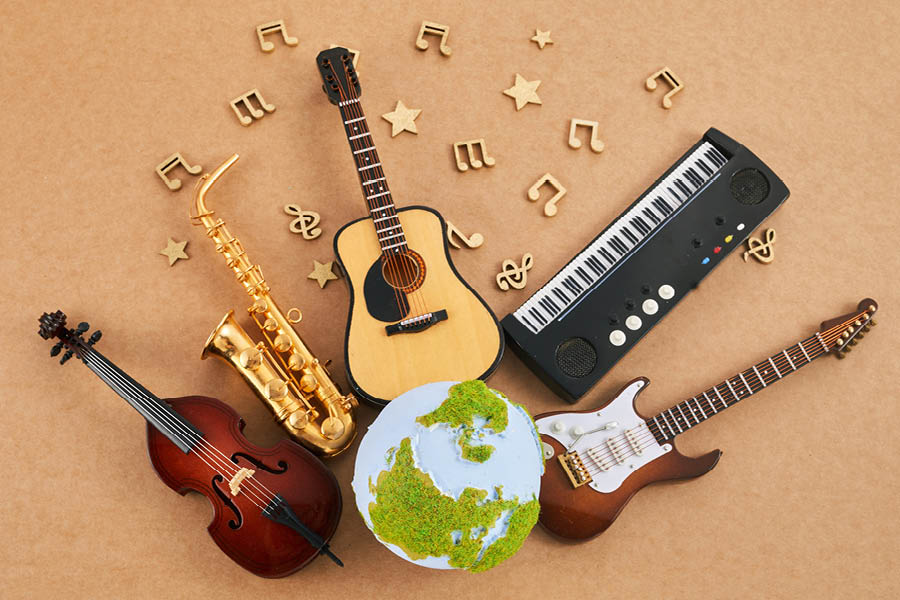I have listened to Beethoven’s Fifth Symphony (also known as the Fate Symphony) at least 20 times. In the dead of the night, with nothing else to distract me, I have religiously turned to YouTube (sometimes Spotify) to partake in what is supposed to be one of the most remarkable experiences known to humankind. Not just in the world of music but in the whole of art. Each time, without fail, I have fallen asleep.
Until a few years ago, I would’ve been mortified to admit that arguably the greatest symphony of all time has been nothing more than a soporific for me. That the majestic, even haunting, composition that is featured endlessly in cinema and pop culture has never appealed to me. That I have found it tedious, even torturous, in places. There was a time when I would’ve tried to fit in, pretending to understand and appreciate music as if it were indubitable proof of intelligence — a one-way ticket to cultural supremacy. But not anymore. These days, I’m quite comfortable not posing as a music aficionado (I never dared to act like a connoisseur). After one embarrassing episode too many, I have finally owned up to my identity. I am, for all intents and purposes, a music idiot.
Does not understanding music make me less human?

Taylor Swift’s best songs, like most celebrated music in general, are loved more for their tunes than their words Getty Images
“You have all the emotional depth of a bottle cap” was how a close friend reacted to me telling him that Taylor Swift is overrated. Of course, mine wasn’t a qualified opinion. When asked to explain, I stared blankly at my friend’s face, before impulsively arguing that Swift’s songs don’t move me in the slightest (though I can tolerate Blank Space sometimes). Their lyrics seem to be laced with the kind of vengeance an insecure sophomore would relate to. To which my friend said that Swift’s songs, like most celebrated music in general, are loved more for their tunes than their words. Music, plainly put, isn’t just poetry.
I don’t dispute such a take. Music is, and has to be, much more than words. But my problem is that I can’t comprehend the musicality of music. Rhythms, melodies, harmonies and beats don’t register in my head. It’s not so much that I’m bad at perceiving or playing music. I simply cannot do it. Everytime I have held a guitar or sat in front of a piano, my fingers have felt paralysed. I always whistle out of tune and can’t even sing to an audience of one (be it in the shower or elsewhere). I have mastered the art of lip syncing during sing-alongs at open mics or concerts (which I try to avoid attending in the first place) and would rather be exposed to the noise of rush-hour traffic than an opera.
As a child, antakshari was a common family pastime, especially during long power cuts in the afternoon. That was how I first realised that I don’t get music. That I may be — for want of a better phrase — musically dyslexic. I’ve been told by friends and family that it might have to do with the fact that neither of my parents is particularly musical. Even though science has shown music to be polygenic (influenced by multiple genes), the gene AVPR1A, associated with social bonding and behaviour, is often touted as the music gene. Clearly, I don’t have it. But my musical incompetence has also made me feel as if I lack something far more crucial — a core element of human consciousness.
Does not understanding music make me less human? While nobody has explicitly told me so, the sense that I’m somehow underevolved has been tacitly communicated to me time and again. Be it from the not-so polite men and women of Kolkata’s high society, professors with more degrees than students, or musical prodigies who can pick up an instrument faster than I can lift a dumb-bell, I’ve been subject to endless slights and sniggers. The sort that seem to say: “Stay away if you can’t feel a song in your bones.”
I’m a music monogamist. I only love peppy Bollywood (and WWE!) songs
Music has made me an outsider even without anyone trying to be snooty about taste. As a student of English literature in college, we had a whole module dedicated to prosody (the study of patterns and rhythms in poetry). A couple of lessons in, we were asked to tap our desks in tandem with the beats of a poem. My mind, in a flashback to maths classes in senior school (musically challenged people also tend to be mathematically dumb), would go numb. Without paying attention to the poem, I’d desperately ape the hand movements of my benchmate, hoping I wouldn’t be caught out.
But just because I’m tone deaf doesn’t mean that I hate music. On the contrary, I’m intensely passionate about my favourite songs, so much so that my nocturnal playlist (the only one I have) has remained largely unaltered for a decade. And what sort of songs do I love? Mostly love songs — the soppy, peppy ’80s and ’90s Bollywood kind. Here’s a sampling — the rambunctious Dilbar Mere, the overly sentimental Mera Dil Bhi Kitna Pagal Hai, Jaadu Teri Nazar (which might as well be a stalker’s caller tune), and the mawkish Dil Mera Churaya Kyun. To scandalise your sensibilities further, I’m also obsessed with select WWE theme songs — Triple H’s The Game, CM Punk’s Cult of Personality and the piano version of The Undertaker’s entrance dirge.
The best efforts of my closest friends haven’t been able to make me experiment outside my comfort zone of music. As a music monogamist, I don’t believe in diversity. Every six months I might incorporate a fresh favourite — Dekha Hazaro Dafaa being a recent, more respectable addition — but tinkering with my music feels like tinkering with my past selves. I have accepted that for me to keep listening to a song, there must be a deep memory attached to it. It must be relatively fast in its tempo, there must be meaningful lyrics (no wonder I haven’t heard a minute of EDM in my life), and not a whole lot of instruments. An idiot, too, has their inclinations.
Not all kinds of music are heard, some are seen

The intricate, mesmeric passing of Barcelona under Pep Guardiola came with its own sort of music Getty Images
For all my inability to fathom music, I have thought a fair deal about it. Thoughts that have led me, in my own way, to broaden what music means. For starters, why must all music be musical? Can there not be music in prose? The lilting lines of Oscar Wilde, Jane Austen and Christopher Hitchens have given me much more pleasure than any song. Listening to great orators like Jawaharlal Nehru, Maya Angelou or Shashi Tharoor has been powerful, even cathartic.
In fact, I’d go to the extent of saying that not all kinds of music are heard, some are seen. And nowhere have I seen more music than in sports. From Brian Lara’s flourishing backlift that invariably ended on the same note it started (with the bat perched high above his head) to the intricate, mesmeric passing of Barcelona under Pep Guardiola, from the pulsating sensation of Dipa Karmakar nailing the Produnova to the numerous summers spent admiring Roger Federer gliding on grass, lithe and luminous in equal parts. All this for me is moving. All this for me is music.
Notwithstanding my flexible definition of music, it occasionally saddens me that I can’t access music in the way that makes it intrinsic to the lives of so many. That I can’t imagine what it is to be lost in a Rabindrasangeet or groove to a Beatles classic. On such occasions, I console myself with the idea that many of us can’t do what most of us can. There are thousands of people who can’t hear a voice in their heads or visualise something when they close their eyes. Let alone the millions who are neurodivergent or suffer from physical limitations. In the larger context of life, being a music idiot is a punishment for the privileged. For ending every day with Kumar Sanu on loop isn’t so bad after all!


